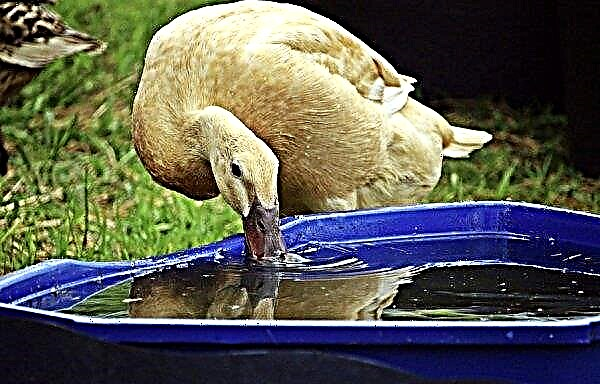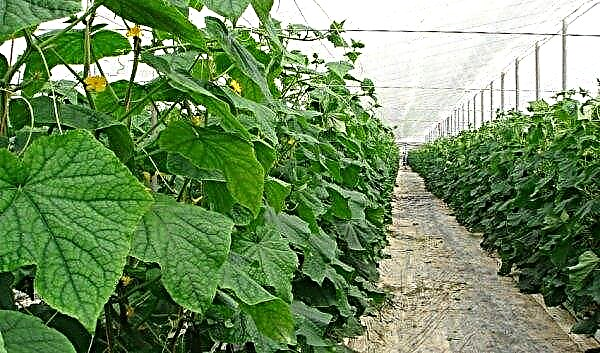Researchers at the British Pirbright Institute will collaborate with Belgian biotechnology company ViroVet to develop the first antiviral drugs against African swine fever (ASF).
In the absence of a vaccine, antiviral drugs could provide an alternative control method that could limit the clinical signs in pigs and reduce ASF virus replication.
This can reduce the spread of disease and help control outbreaks, ultimately reducing the number of pigs killed by this deadly viral infection.
The study, partly funded by the LINK Biotechnology and Biological Research Council (BBSRC) LINK program, will test antiviral drugs that have already been tested by ViroVet in the laboratory and have shown that they reduce viral replication in cells in the absence of cellular toxicity.

So far, these antiviral drugs have shown at least a 90% reduction in virus replication. The most successful candidates will be further tested in the unique Pirbright premises.
Scientists will appreciate how effective antiviral drugs are in preventing the multiplication of 14 different types of ASF virus in macrophages - the immune cells of pigs that are infected by the virus. Further research will help determine exactly how antiviral drugs work, and allow researchers to optimize drugs to increase their ability to inhibit the replication of a wide range of ASFV strains.
Then, the most effective candidates for pigs will be tested to determine the necessary doses and safety before testing the effectiveness in reducing ASF virus replication and the incidence in pigs.
Dr. Linda Dixon, head of the African Pig Fever Group at Pirbright, said: “ViroVet's unique experience makes them an ideal company to collaborate on this project. The results of this study will help us better understand how the virus infects pigs and will help in our research into vaccine development. The availability of a drug that could reduce the risk of further transmission after infection of the pigs would be of great importance in preventing the rapid spread of the disease. ”












